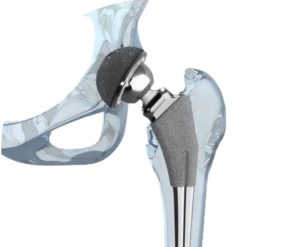In North Carolina, injury is the third-leading cause of death behind heart disease and cancer. In individuals between the ages of one and 44, injury causes more deaths than anything else. Traumatic brain injuries (TBIs) comprise around 30% of all fatal injuries in the state. TBI is a “silent epidemic” because the public has a limited understanding and awareness of the signs of this form of trauma.
Indeed, mild traumatic brain injury can often go unnoticed because an individual does not necessarily have to loose consciousness to have sustained a mild brain injury. Also referred to as concussions, these TBIs are often followed by complete recovery; still, short-term memory loss and other neurologic disorders can occur.
Mild traumatic brain injuries are sustained during everyday accidents. I’m sure you’ve been in a department store or local restaurant and noticed free-standing caution signs advising customers of wet floors. Sometimes, these signs seem to point out grossly obvious hazards like giant puddles of water or spilt food.
Don’t let these advisories make you feel like the store management is trying to insult your intelligence! People become preoccupied with their shopping, accompaniment or cell phone conversations and—more often than you might imagine—slip and fall on those massive puddles.
What’s worse is when the management of a premises fails to prop up an advisory and someone is injured as a result. This kind of neglect contributes to falls that can be extremely dangerous, especially among the elderly. It’s more difficult to recover from traumatic brain injury the older one gets.
Falls are the third-leading method of sustaining TBI. In 2008, 338 fatal falls occurred in North Carolina. The risk of fatal falls increases for both men and women in individuals middle-aged and older. The type of work one does can also contribute to the risk of fatal fall. Jobs involving construction, interior and exterior house painting and electrical work, for example, put one in jeopardy of TBI and death from falling.
Even more frequently than death, falls result in hospitalization. In North Carolina in 2008, 2,800 hospitalizations were the result of falls. Hospitalization and visits to the emergency room are extremely stressful for injured victims and their families, both emotionally and financially.
Protect yourself from TBIs at work, home and in leisure. Pay attention to the floors for slick surfaces. Follow cautionary signage whether you notice a spill or not. Wear protective head gear. Don’t climb up on a ladder, roof or other elevated surface without care and another person around to help you. Be especially careful if you are an older adult. Don’t hesitate to seek medical attention if you suspect traumatic brain injury or concussion.
For more information regarding traumatic brain injury, look at this pdf or visit www.injuryfreenc.ncdhhs.gov.










Comments for this article are closed.